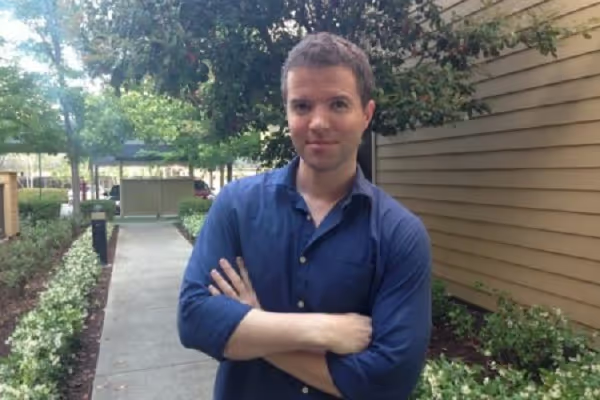I don’t go around calling myself a veteran. I did serve in the military and will say I am a veteran if you ask, but I do not openly self-identify as a veteran. Why? Because I am many “things.” Being a veteran is simply one of them. I don’t enjoy the questions some people ask, and I feel limited by the assumptions that are often made. Like all veterans, I am first and foremost a person. I am a human being who served. I have been thinking about this lately, and it brought to mind the cultural competency training that my organization provides. Much of it is applicable to everyone, not just veterans, as it is geared to help recruiters, HR professionals and hiring managers attract, retain and develop both veterans as well as all of those whom veterans once swore under oath to protect.
Below are some ideas on how you can improve your ability to work with veterans (and other humans):
Incorporate Culture Orientation Into Your Onboarding Program
HR professionals have recently told me that quite a few veterans in their organizations experience difficulty adjusting to corporate culture. They see this as a potential pitfall, particularly within organizations that are flatter and more cross-functional. The assertion is that, while veterans are resourceful and flexible, they are accustomed to working within a rigid hierarchy characteristic of military culture.
Some veterans do end up spending a disproportionate amount of time adjusting to corporate culture, which hinders their ability to learn the job as quickly as expected. Culture shock is real, and it can be especially real for someone who just spent four years or more at an organization where the culture was substantially different. With this in mind, the onboarding phase is your opportunity to walk the walk, to start showing and stop telling your new veteran employees how invested you are in their success.
Hit the Pause Button: Ask Questions, Address Concerns
The onboarding process is typically a one-way flow of information. New hires are encouraged to ask questions, but the purpose of these questions is usually to learn more about the organization. That makes sense. But what if some of your new hires are veterans? What if they come from a radically different culture? Here is your opportunity to hit the pause button, ask questions and identify opportunities to ensure better outcomes. For example, if I were a recently transitioning veteran, you could:
- Ask me if I would like to describe the culture where I worked.
- Ask for an example of how I worked with other departments to accomplish a task.
- Ask me for examples that will give you a feel for my previous culture.
- Explain how the culture works in my new organization.
- Ask me if I have any concerns based on what you’ve told me.
- Connect me to your Veteran Affinity Group or other groups that can help ease my transition and alleviate frustration.
In addition, it would be helpful to explain to new hires beforehand the reasons for having this discussion. As a new hire, I don’t want to feel like I’m going through another interview and will appreciate your effort to ensure my success both in the short- and long-term. For example, many veterans have never used a time clock because they were always on the clock. Veterans typically come from a culture that discourages asking questions and encourages figuring it out alone. To make matters more confounding, veterans might feel embarrassed if they don’t know how to use a time clock. You can explain to them that it is okay to ask questions, that everyone does and should. This encouragement can have a dramatic (and positive) effect.
Another suggestion: Set up new hires with a long-term mentor who can discreetly address questions or concerns, both on the first day and thereafter. Some veterans may prefer to have a fellow veteran as a mentor when possible, but in my view it’s more important for a mentor be knowledgeable and empathetic, not just to have served.
At our upcoming July 15 webinar, Combat to Community: Engaging Veterans in the Workforce, we will discuss opportunities to improve the retention and development of veterans. If you are able to attend either in-person (Golden Gate University in San Francisco) or via livestream, feel free to click the link above.
Thank you for reading, and please feel free to share this article or leave a comment if you have any ideas, suggestions, or want to learn more.
Tim Jakab is a Policy Associate & Veteran Cultural Competency Adviser at Swords to Plowshares. He can be reached at tim.jakab@stp-sf.org.


.png)
.png)


